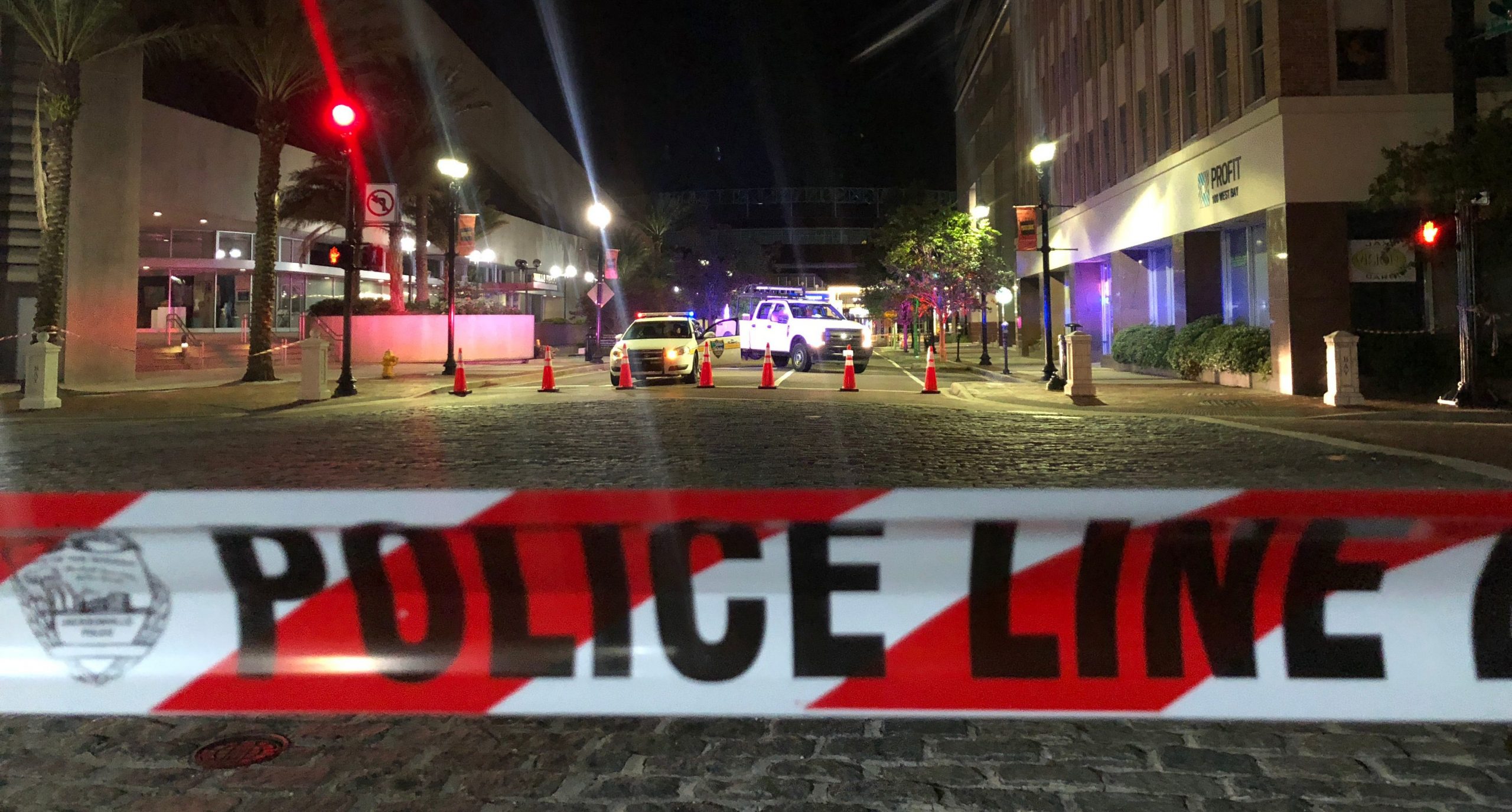Good morning, Bulletin readers. In today’s roundup, we have the story of how one California police chief sought to improve relationships between residents and law enforcement. A judge overturned that state’s high-capacity magazine ban. And a teenager was fatally shot after knocking on the wrong front door.
Receive this daily news briefing by email every morning. Sign up here.
WHAT TO KNOW TODAY
NEW from THE TRACE: To lower violent crime, a police chief learns the power of listening. American communities with the deepest mistrust in law enforcement are often the same places that experience high rates of gun violence. Academics refer to residents’ faith in cops to protect them as “police legitimacy.” When police legitimacy is down, street justice prevails and crimes are harder to solve, which in turn fuels more shootings. Eric Jones, the police chief of Stockton, California, describes how his department is reversing that pernicious dynamic, and how other law enforcement agencies might make their streets safer by winning back the trust of the most impacted neighborhoods.
A federal judge overturned a high-capacity magazine ban passed by California voters. The initiative, which was on the 2016 ballot, prohibited the possession of magazines containing 10 or more rounds. District Judge Roger Benitez, a George W. Bush appointee, was not swayed by the state’s arguments that the public has a compelling interest in restricting magazine capacity to reduce casualties in mass shootings and everyday gun violence. In his ruling, Benitez said citizens needed high-capacity magazines to have sufficient rounds to fire at home invaders, and called the Second Amendment “a check on tyranny.” California Attorney General Xavier Becerra’s office said its reviewing its options.
A teenager in Atlanta was fatally shot after accidentally knocking on the wrong apartment door. Omarian Banks, 19, was returning home from work around 12:30 a.m. on Friday and mistook another unit as his own home. The door didn’t open when he knocked, and Banks was walking away when a resident in the apartment shouted down to Banks from a second-floor balcony; the two exchanged words, after which the man fired three shots from a handgun, killing Banks. The shooter’s family says he fired in self defense. The gunman was charged with murder.
The Grammy-nominated rapper Nipsey Hussle was fatally shot in South Los Angeles. The artist, born Ermias Asghedom, was open about his childhood participation in the notorious Crips gang and had since worked to improve the neighborhood he grew up in. He told NPR last year: “The murder rates and incarceration rates in the years I was a teenager in L.A. … none of my peers survived. None of my peers avoided prison. None of ’em. So to make it out mentally stable and not in prison and not on drugs, that’s a win.” Last night, the LAPD chief tweeted out that he was set to meet with Hussle today “to talk about ways he could help stop gang violence and help us help kids.”
Alex Jones, under oath. The founder of InfoWars has been the chief propagator of conspiracy theories that the Sandy Hook shooting was staged and designed as a pretense to take guns from Americans. Seeking redress for his false claims, relatives of victims of the 2012 rampage are suing Jones for defamation. Late last week, their lawyers released a video of Jones’s deposition. The footage shows Jones being made to read from a police report about the disturbing crime scene at the shooting, then watch clips of his past broadcasts in which he calls the rampage a “false flag.” As New York Times columnist Charlie Warzel wrote, Jones’s bluster fizzles under oath: “The legal system may be the only way to defang a well-known conspiracy theorist at the height of his powers.”
ONE LAST THING
The Washington Post takes a deep dive into the challenges of prosecuting illegal gun possession. The charge in question was against a Washington, D.C., man who had previously been convicted of a violent assault when police found a handgun in a bag at his mother’s house. The bag definitely belonged to him, family members agreed, but that wasn’t enough for a D.C. Superior Court judge, who ordered that he be released until trial. In the days before his trial, the man fatally stabbed someone. The judge’s ruling frustrated the district’s police chief, but lawyers surveyed by the Post agreed with the decision: “Common sense says it’s probably [the defendant’s gun],” but the law requires more substantive evidence, one said.

